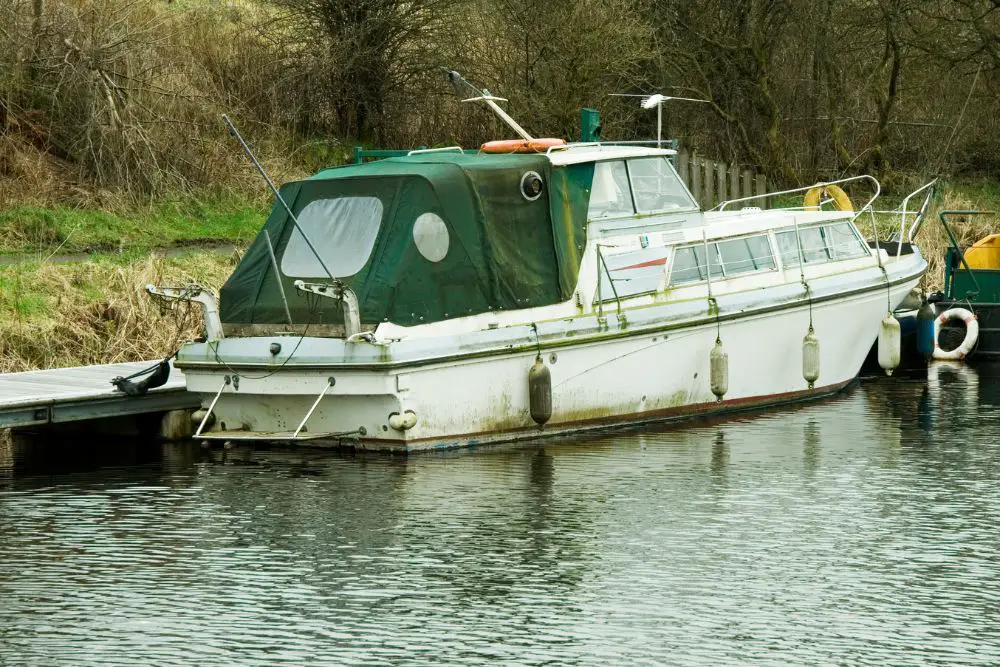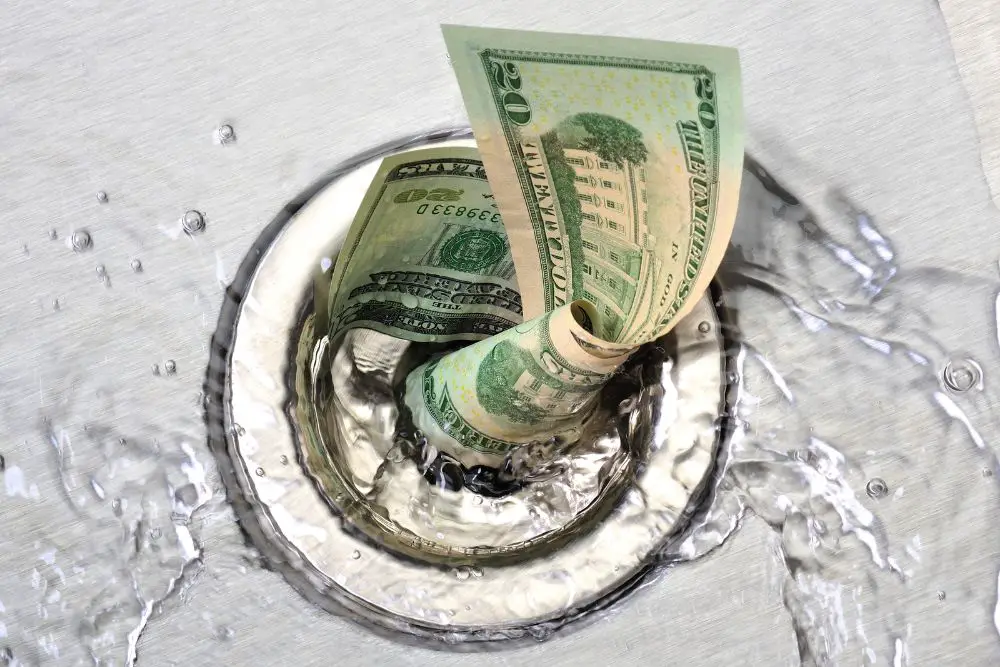If you’re in the market for a used boat, you might wonder how old is too old. Just like with any other vehicle, there comes a time when a boat is too old to be worth the investment. In this blog post, we’ll discuss boats and their lifespan so that you can make an informed decision when it comes time to purchase a used boat.
How Long do Boats Last?
The average lifespan of a boat is between 20 and 30 years. This doesn’t mean that your boat will only last 20 years if you take good care of it.
Age isn’t everything. Just because a boat is old doesn’t mean it’s not worth considering. If the boat has been well-maintained, it can still be a great option—especially if you’re on a budget. That said, there are some potential risks to be aware of when buying an older boat.
One of the biggest risks is hidden damage. It can be difficult to spot damage caused by years of exposure to the elements, which can end up being expensive to fix. Additionally, older boats may not have some of the standard features on newer models—such as GPS and updated safety equipment. Finally, parts and supplies for an older boat can be difficult (and expensive) to come by.
Many factors contribute to how long your boat will last, such as:
- The type of boat
- The material the boat is made out of
- How often do you use the boat
- How well do you maintain the boat
- The environment the boat is stored in
All of these factors affect how long your boat will last. For example, a fiberglass boat will last longer than a wooden one because fiberglass is more durable. Additionally, if you live in an area with harsh winters, your boat will not last as long as someone who lives in an area with mild winters because the cold weather can damage the boat. Lastly, if you don’t maintain your boat or use it often, it won’t last as long as someone who does take care of it and uses it regularly.
What Happens to Boats as They Age?
Just like with any other vehicle, parts on a boat will start to wear out and break down as the boat ages. The most common parts that need to be repaired or replaced are:
- The engine – over time, engines will lose power and eventually need to be replaced
- The hull – as the hull ages, it becomes more brittle and can spring leaks
- The deck – over time, the deck will become weaker and might need to be replaced
It’s important to keep in mind that these repairs can be expensive. For example, replacing an engine can cost anywhere from $4,000 to $10,000. Therefore, when considering purchasing an older boat, you need to factor in the cost of repairs.
Older boats will also depreciate in value more quickly than newer boats. This is because newer boats have all the latest and greatest features while older boats might not have some of those same features. You also need to consider storage when owning an older boat because they often take up more space than newer boats.
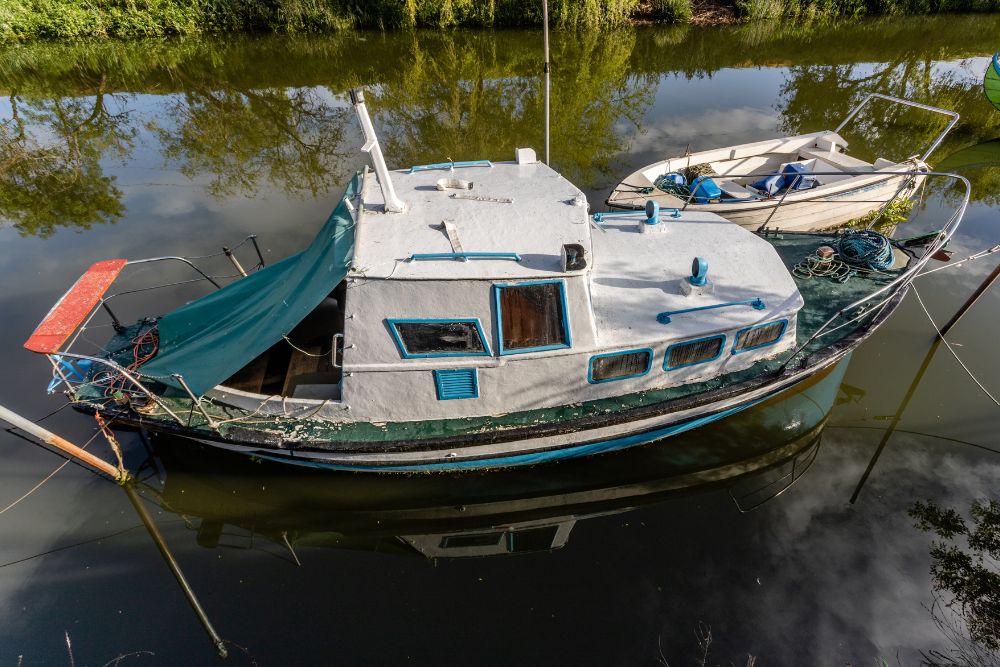
What Is Too Old?
The answer to this question largely depends on how the boat has been cared for and how much money you’re willing to spend on repairs and maintenance. A well-cared-for boat that’s 20 or 30 years old can be just as seaworthy as a brand-new model—provided it hasn’t been abused or neglected. On the other hand, even a new boat can quickly become worthless if it isn’t properly maintained.
The best way to judge a boat’s age is by its condition, not its calendar age. After all, one boat may have been sitting in storage for 20 years while another has been used regularly and well-maintained during that same time period. As long as a boat has been properly cared for—and isn’t too far gone—age shouldn’t be too much of an issue.
Of course, even the best-cared-for boats will eventually need repairs and replacements—just like any other piece of machinery. So, if you decide to buy an older boat, be prepared to spend some money on upkeep. The good news is that boats are relatively simple machines, so most repairs and replacements can be done by anyone with basic mechanical skills (and access to YouTube).
How to Make Your Boat Last?
As a boat owner, you want your boat to last as long as possible. By taking care of it and using the proper materials, you can ensure that your boat lasts for years to come. Here are some tips on how to make your boat last.
1. Use marine-grade materials.
When it comes to materials, use only marine-grade fabrics, paints, and metals. These materials are designed specifically for boats and can withstand the harsh conditions of salt water and sun exposure.
2. Keep it clean.
It’s important to regularly clean your boat, both inside and out. Remove any salt build-up, scrub the hull, and clean the deck. Not only will this help your boat look its best, but it will also prevent long-term damage from corrosion and other environmental factors.
3. Cover it up.
If you’re not using your boat, cover it up with a quality tarp or storage system. This will protect it from the elements and keep it in good condition until you’re ready to hit the water again.
4. Perform regular maintenance.
To keep your boat running smoothly, perform regular maintenance such as oil changes, fuel filter replacement, and propeller maintenance. By taking care of these things on a regular basis, you can avoid major repairs down the road.
5. Invest in quality accessories.
Boat accessories can be expensive, but they’re worth the investment if you want your boat to last. Choose quality over quantity when it comes to items like life jackets, flares, dock lines, and fenders. Not only will this save you money in the long run, but it could also save your life in an emergency situation.
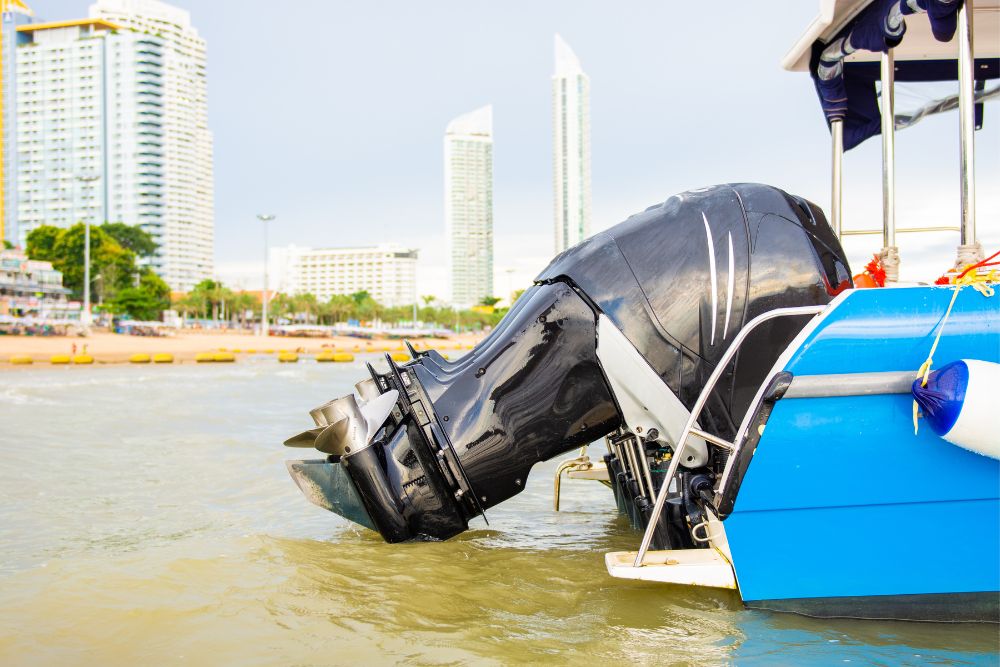
How Long Do Boat Engines Last?
Boat engines don’t last forever, but they can last a long time with proper maintenance. On average, boat engines will last between 1,500 and 2,000 hours. But, how long your boat engine lasts depends on several factors, including the engine type, how well you maintain it, and how often you use it.
Let’s take a closer look at each of these factors to better understand how they impact your boat engine’s lifespan.
Type of Engine
The type of engine you have will play a role in how long it lasts. Inboard engines are typically more durable than outboard engines and can last up to twice as long. This is because inboard engines are not exposed to the elements like outboard engines are, and they don’t have as many moving parts.
Maintenance
How well you maintain your boat engine will also play a role in how long it lasts. It’s important to keep up with routine maintenance like oil changes and tune-ups. You should also have your boat engine serviced by a professional every few years to ensure that everything is in good working order. The better you care for your boat engine, the longer it will last.
Usage
How often you use your boat engine also affects its lifespan. If you only use your boat a few times per year, your engine will last longer than if you use it several times per week. This is because frequent usage puts more wear and tear on an engine than infrequent usage does.
Is 500 Hours A Lot For A Boat?
It’s a common question among boat owners: How many hours is too many for a boat? While there is no definitive answer, most experts agree that 500 hours is nothing to worry about. In fact, the average person only puts 50 hours on their boat each year, so it would take 10 years to rack up 500 hours of use. So if you’re considering buying a used boat, don’t be alarmed if it has 500 hours on the engine – it’s actually quite normal.
While there is no clear answer as to how many hours is too many for a boat, most experts agree that 500 hours is nothing to be concerned about. The average person only uses their boat for 50 hours each year, so it would take 10 years of use to rack up 500 hours. So if you’re looking at a used boat with 500 hours on the engine, don’t be alarmed – it’s actually quite normal.
Boat Maintenance and Hours of Use
However, one thing to keep in mind is that boats require regular maintenance regardless of how many hours they are used. Even if you only use your boat for 50 hours each year, you’ll still need to perform routine maintenance tasks like oil changes, fuel filter changes, and propeller repairs. Neglecting basic maintenance can lead to serious problems down the road, so be sure to budget for these expenses when purchasing a boat.
Are Low Boat Hours Good?
Many people think that buying a boat with low hours is a good deal. While it is true that you are getting a boat that has not been used as much, there are some things to keep in mind before you buy a boat with low hours.
First and foremost, a low-hour boat is going to have less wear and tear. This is definitely something to consider if you’re buying a used boat. A boat with fewer hours is also going to have all its original parts, which can be important if you’re looking for a certain model or want to upgrade later on.
Additionally, while all boats depreciate in value over time, those with fewer hours will hold their value better than boats with more hours. So if you decide to sell your boat down the road, you’ll likely get more money for a low-hour vessel.
The Cons of Low Boat Hours
Of course, there are also some disadvantages to owning a low-hour boat. One of the biggest is that these boats often sit idle for long periods. And when boats sit unused, parts can start to deteriorate and break down—even if they’ve never been used before. So even though a low-hour boat may have all its original parts, it might not be in the best condition since they haven’t been used much.
Another downside of having a lightly used boat is that you might not get as much enjoyment out of it as you would a higher-hour vessel. After all, part of the fun of owning a boat is using it! If your goal in buying a boat is simply to have something to show off, then low hours may not be as important to you.
Weight the pros and cons before you decide to buy a boat with low hours. If you decide to buy a boat with low hours, ensure you get it inspected by a qualified marine mechanic before you finalize the purchase.
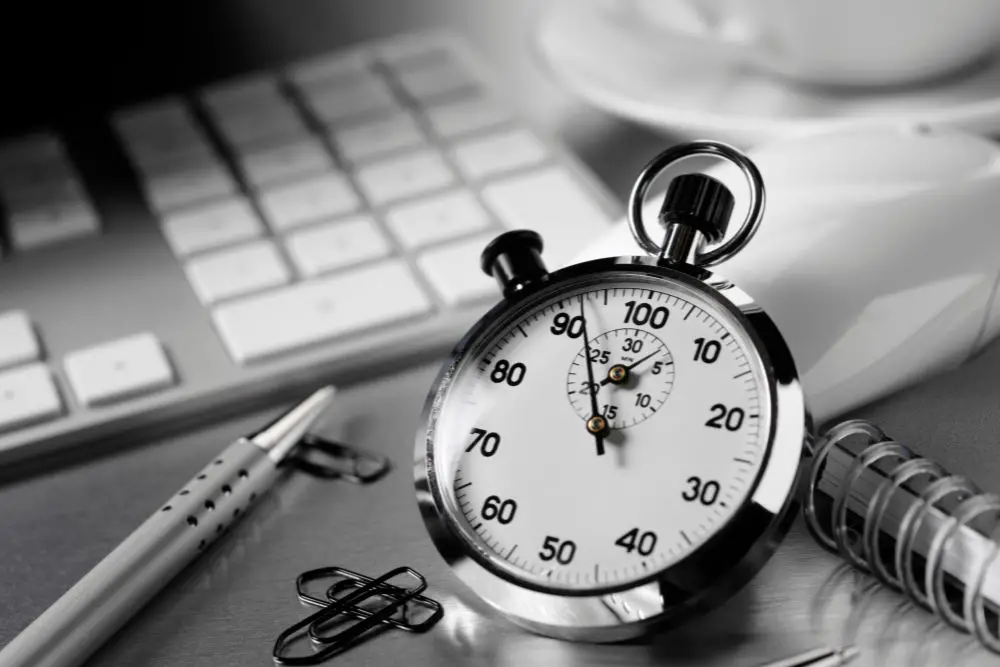
How Are Boat Hours Calculated?
Whether you’re a first-time boat owner or have had your boat for years, you might wonder how boat hours are calculated. Keep reading to learn more about how this important metric is determined.
Boat hours can be calculated in different ways, depending on the age of your boat. For newer boats, the hours are tallied when the engine is running. On older boats with an hour meter, the hours may be counted when the boat has power and not necessarily when the engine is running.
If your boat was manufactured after the year 2000, it likely has a computer that can be hooked up to read the actual hours. Additionally, boats will usually log other factors that help determine how much the engine has been used.
Calculating boat hours is important for understanding how much wear and tear your vessel has undergone. Knowing how many hours your boat has been in operation can better plan for required maintenance and repairs. If you have any questions about calculating the hours on your specific boat, don’t hesitate to consult your owner’s manual or speak with a qualified marine mechanic.
In Conclusion
When purchasing a used boat, age is an important factor to consider. You need to consider how long boats typically last, what happens to them as they age, and the cost of repairs. Considering all these things, you can make an informed decision about whether or not purchasing an older boat is right for you.

